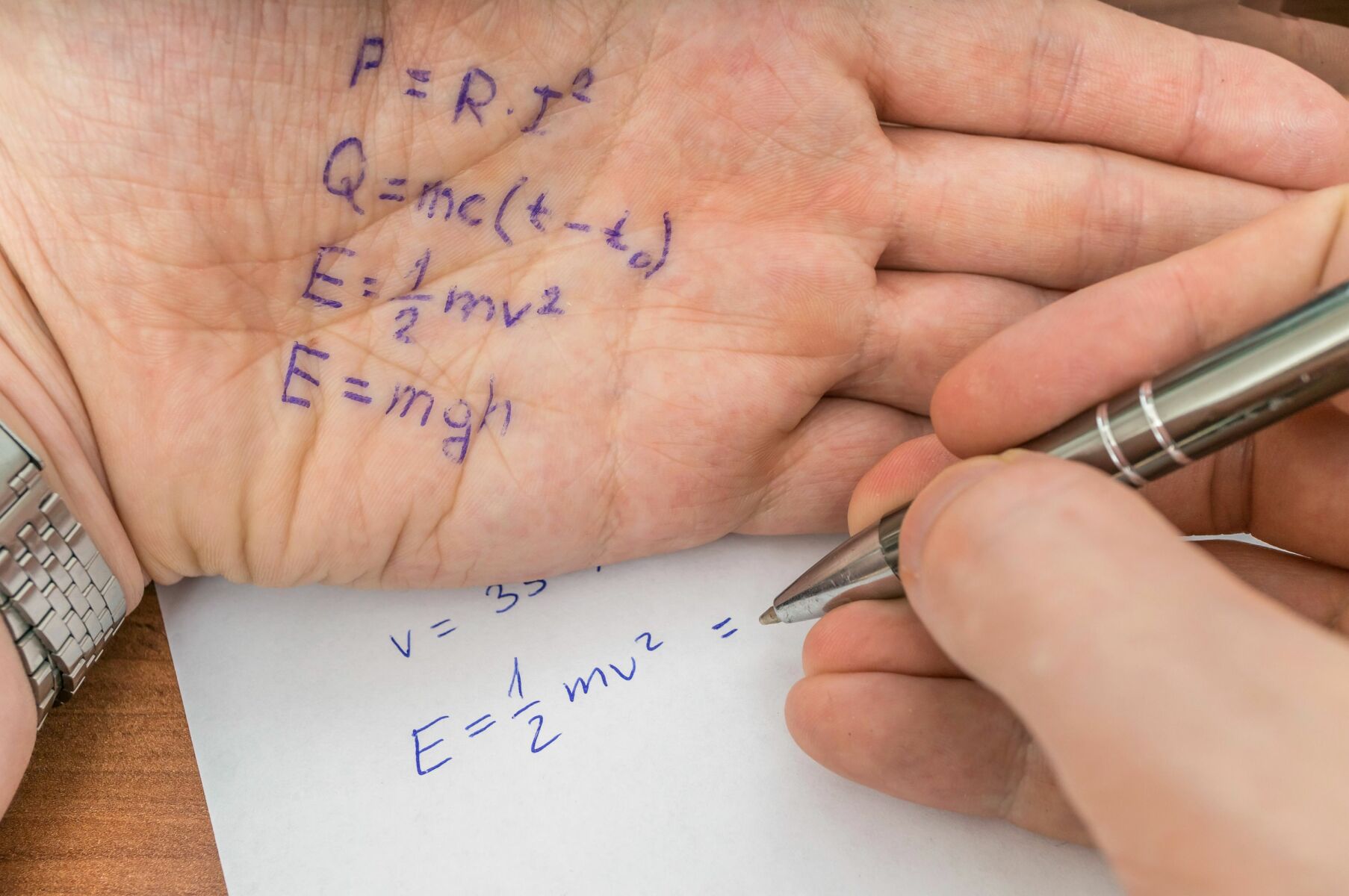Cheating Thai professors who research everything
When a student is caught cheating, the penalty is at least a failing grade

When a student is caught cheating in an exam, the penalty, at the very least, is a failing grade. So when it became public recently that cheating Thai professors had bought their research papers, the student body, among many others, was eager to see what punishment would result.
The Higher Education Ministry has told all universities to check the source of all research papers produced by lecturers. The order says…
“If the investigation confirms wrongdoing on the part of faculty members, universities must take action and report the results to the ministry.”
The Council of University Presidents also declared that it will not tolerate such a breach of ethics. Cheating Thai professors who bought research papers or citations will be punished.
“Paying a fee to an agent to get your name put on an article is a grave offence. It’s absolutely wrong. It cannot be defended in any way.”
An investigation by thaipbsworld.com found that concerns were first raised on January 7 by Dr Anan Jongkaewwattana from the National Center for Genetic Engineering and Biotechnology.
Anan wrote on social media…
“The most intimidating business in research circles is the one that sells studies for interested buyers to claim as their own..”
Where your name appears on the authorship list depends on the money you are willing to pay. Being a primary author is expensive, but getting listed as a co-author is cheaper.
Once the names of the author and co-authors are filled in, the paper is submitted for publication. Once published, the so-called authors can seek reimbursement from their employer under the pretext that they had to pay an advance for researchers. Or they can put in a claim for promotion up the academic ladder.
Assoc Prof Dr Weerachai Phutdhawong, a chemistry lecturer at Kasetsart University, claimed that at least 10 Thai university lecturers have bought research papers written overseas. He said…
“These lecturers taught at Chiang Mai University [CMU], the Chulabhorn Royal Academy [CRA] and several private universities.”
Both CMU and CRA are investigating the accusations.
Where can you buy authorship?
Many outlets offer research that can be accredited to anyone who pays a fee. Among them is the Science Publisher Company, which openly advertises online that it offers “public support services for academic, scientific manuscripts and papers.”
Its readymade articles cover a wide variety of topics ranging from agriculture, architecture, biology, construction, computer science, and economics to education, law, management, medicine, political science and sociology, as well as transport and engineering science.
The fee for being accredited in, for example, an article related to agriculture can range from US$800 (25,000 baht) to US$1,000.
Shopping on the website is easy, with clear guidelines on how to purchase an accreditation. All the buyer has to do is choose a subject, and they will be given an invoice to be settled within five days. Support staff are also on hand to answer any queries.
Source of suspicion
Weerachai said it was astonishing to see that some professors had published nearly 100 research articles within a year. He said that despite decades of hard work in his field, he had only managed to get some 50 articles published. He said…
“Universities generally require lecturers to publish at least two articles a year.”
Apart from being incredibly prolific, Cheating Thai professors also aroused suspicion by having their names listed alongside academics they are unlikely to have ever met.
“You won’t see the students they are advising or mentoring listed as co-authors. Instead, their co-authors will be foreigners from countries like Iraq, Iran, Hungary or Russia.”
Another point that raised his doubts was their choice of subject. Weerachai said it was strange to see someone from the field of education produce a paper on a complex medical topic.
Sound explanation?
Wanich Suksatan, a nursing lecturer at the CRA, was among the first to arouse suspicion. He managed to publish several studies and recorded a huge number of citations. He ranked No.1 in the h-index of all 21 researchers monitored by https://www.adscientificindex.com. The h-index is a metric that measures the impact of publications.
Facing questions, Wanich hit back, claiming he had taken part in every study that listed him as a key researcher, corresponding author, reviewer or academic editor. He said…
“I have not bought any accreditations.”
‘Structural problem’
Prof Dr Sompong Jitradub, a board member of the Equitable Education Fund, blames the accreditations-for-sale business not just on unethical lecturers but also on structural problems within Thailand’s higher education sector. The seasoned teaching trainer said…
“As soon as state universities became autonomous, they began recruiting lecturers as private employees, not civil servants. These employment conditions turn lecturers into academic labourers.”
Universities hope that their lecturers will be active in their fields, he added. The publication of studies is also part of their employment conditions. If a lecturer is not promoted to assistant professor within six or seven years, their employment contract may not be renewed. Once they become assistant professors, they are pressured to continue climbing the academic ladder. For instance, they will be expected to become associate professors within three to five years.
Assoc Prof Puangthong Pawakapan, who teaches at Chulalongkorn University’s Faculty of Political Science, said the requirements for advancing an academic career path are tough. She said…
“The authorities have set increasingly higher standards over the years. The latest requirements have been in effect since early 2022.”
Under the latest rules, to climb to the top of the ladder and achieve full professorship, a lecturer is required to conduct at least 10 studies, gain at least 1,000 lifetime citations, head at least 10 research projects and achieve a lifetime h-index of at least 18.
“These requirements are crazy,” she said.
Latest Thailand News
Follow The Thaiger on Google News:


























